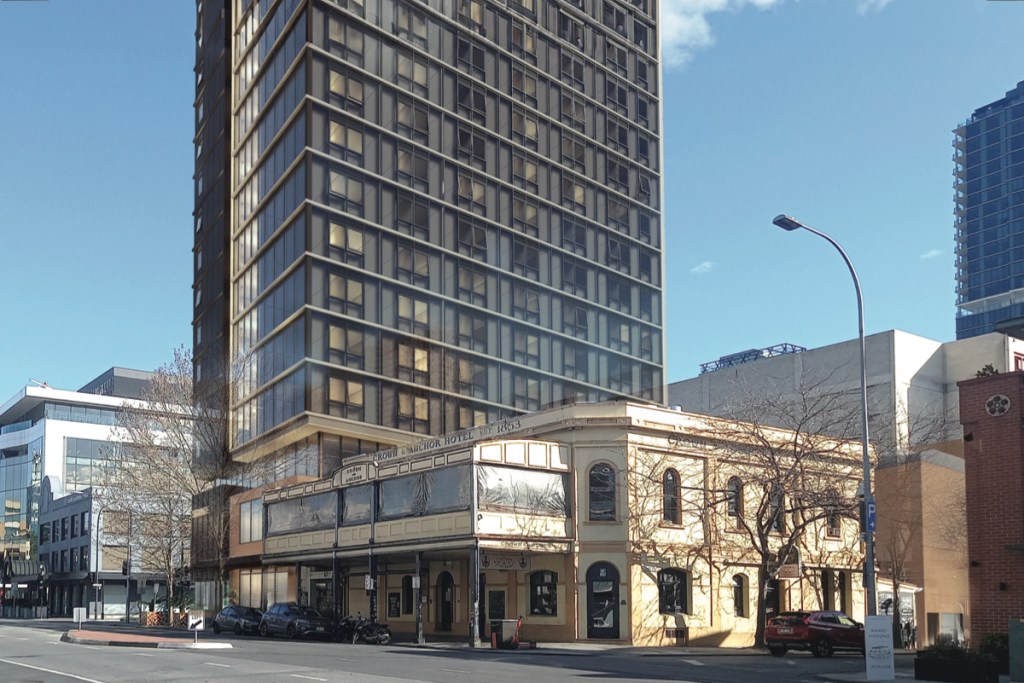Parking giant fined nearly $11m following ‘significant number of complaints’ over reservation service

- by Admin
- August 8, 2024
In short:
Secure Parking was pursued in the Federal Court by the ACCC over its “Secure-a-Spot” service.
The service claimed there would be spots reserved for customers, but the company’s system relied on forecasted vacancy levels.
Secure Parking was fined $10.9 million for misleading customers between July 2017 and June 2022.
Australia’s largest provider of paid parking has been handed a fine of nearly $11 million for misleading customers for five years by falsely claiming they could guarantee spots that were never reserved.
Secure Parking was pursued in the Federal Court by the consumer watchdog, the Australian Competition and Consumer Commission (ACCC), over its “Secure-a-Spot” service.
The company operates more than 600 commercial car parks in all capital cities except Darwin and Canberra and marketed the service on its website, Facebook page, YouTube account and in emails sent to customers.
But between July 2017 and June 2022, the company’s system was actually working on the basis of forecasted vacancy levels, taking what a Federal Court judge referred to as “the gamble that those forecasts would be correct”.
“In other words, no individual spots were ever actually reserved and no limits were ever placed on the number of non-booking customers who might be let into the car parks,” Justice Nye Perram wrote in his judgment, published today.
“Where the gamble worked, there was no problem.”
Company admits making misleading representations
When it didn’t, parks filled up, bookings were not honoured, and the result was inconvenience and annoyance.
During the case, the company admitted it had made false or misleading representations.
The court made orders, by consent, imposing a penalty of $10.9 million to be paid to the Commonwealth, finding that Secure had breached Australian Consumer Law through misleading or deceptive conduct.
As part of non-punitive orders, the company will also need to display a notice on its website making customers aware of the case.
It has also been told to review its internal complaints handling procedure within three months and appoint a senior manager to a compliance program focusing on consumer law.
Justice Perram accepted Secure didn’t intend to contravene the law, but took into account that it had “deliberately marketed a reserved parking space service knowing that the spaces were not reserved”.
That program was approved by the company’s digital marketing manager.
“Secure did nothing about the matter until it was contacted by the ACCC, even in the face of a significant number of complaints,” the judge said.
But Secure had cooperated fully with the ACCC since the court case began, he noted.
ACCC commissioner says case ‘sends a strong message to all businesses’
The misleading system was offered through Secure’s app and website.
The latter included a set of terms and conditions when a booking was made which did reveal the parking spot was not guaranteed.
But both parties to the case accepted this wasn’t enough to dispel the misleading nature of the conduct.
Over the five-year period, more than 10 million bookings were made through the Secure-a-Spot system.
Following the judgment, ACCC Commissioner Liza Carver said customers may have been seriously inconvenienced when they realised their reserved park wasn’t available.
“This penalty sends a strong message to all businesses that making misleading claims to consumers about the nature of the services provided can attract substantial penalties,” Ms Carver said in a statement.
Posted , updated
The Latest News
-
December 22, 2024China’s Zheng to skip United Cup, needs ‘extra rest’ ahead of Australian Open
-
December 22, 2024India boycott press match after media battles
-
December 22, 2024Australian Open runner-up Zheng out of United Cup
-
December 22, 2024Nick Kyrgios results: Australian defeated in long-awaited comeback | Sporting News Australia
-
December 22, 2024China’s Olympic medallist Zheng to skip United Cup to stay fresh for Australian Open


